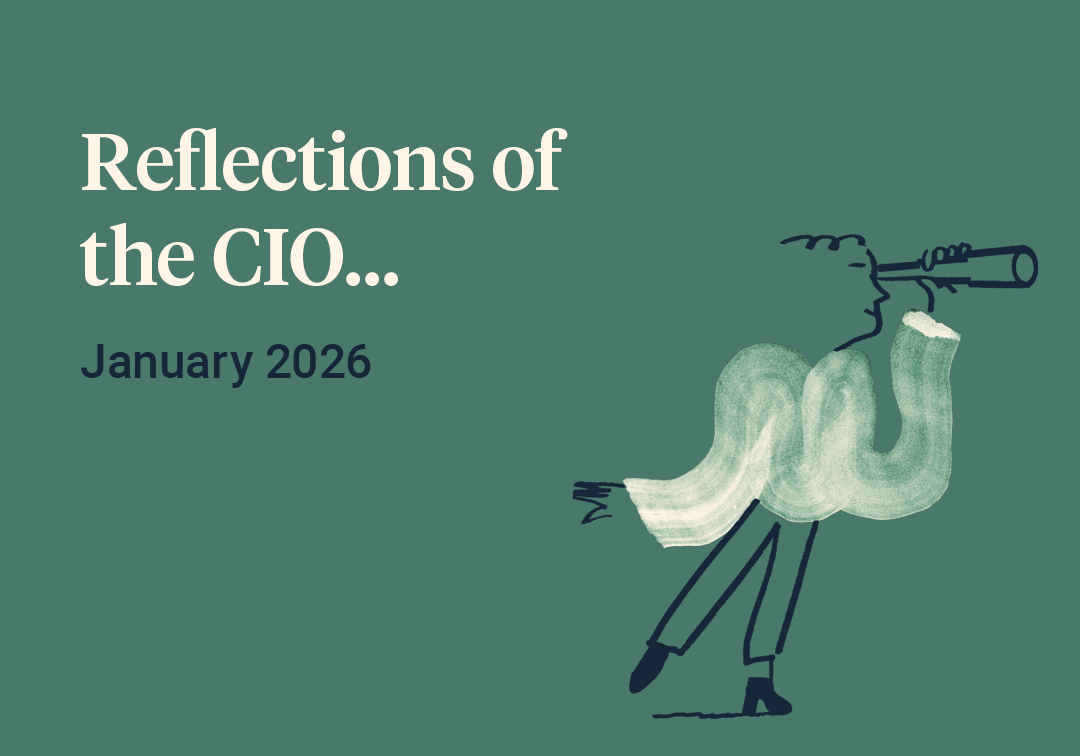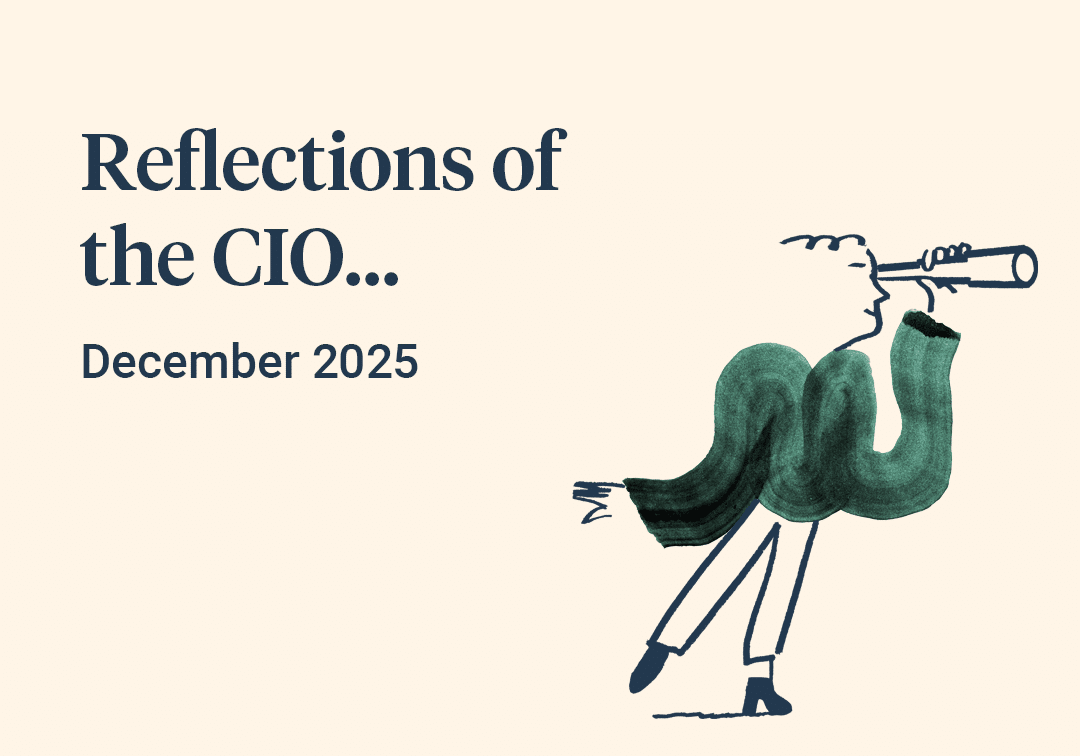July was another month where the impact of trillions of dollars of stimulus money continued to dictate market direction, with some noteworthy moves in both asset markets and policymaking. The most significant of which was in Europe, after the EU agreed a €750bn rescue package for member states. This event was described as ‘game changing’ by leading commentators because it used the creditworthiness of stronger members to raise money for weaker ones for the first time. In effect, this decision marks the point at which the EU embarked on a single ‘tax and spend’ process to complement the single currency, something which could go a long way towards de-risking investments in the entire region.
“The pound and euro rose around 5% against the dollar, which is a very large move for the foreign exchange markets”
This stimulus package added to the unprecedented amount of money already flowing through the financial system and had the effect of driving prices on government bonds to all-time highs (or yields to all-time lows, if we used the more technical market vocabulary). With US market interest rates no longer so different from the rest of the world, support for the dollar ebbed away sharply in July, a readjustment that many had been expecting for a long time. The pound and euro rose around 5% against the dollar, which is a very large move for the foreign exchange markets and a reminder of just how abruptly asset prices can shift in the current investment climate.
“Gold certainly shone in July”
Gold had another strong month, benefitting from the spill-over implications of the moves described above and powering to new highs on sustained global buying. In a world where valuations of traditional ‘safe’ investments are so stretched alternative sources of protection for portfolios are in demand and gold certainly shone in July.
“Equity markets on the other hand had a far more uncertain month”
Equity markets on the other hand had a far more uncertain month, as they fretted over the implications of multiple Covid virus flare ups. A steady escalation in tension between the USA and China also contributed to the generally weak tone, despite the supportive news from the corporate earnings season, which ended up being better than expected.
It is clear now that stimulus at an unprecedented level has helped markets recover, lifted corporate sentiment off the bottom and to some extent, fuelled a recovery in the real economy. For markets to progress from here requires something of a leap of faith. It is unclear whether the damage caused by the shutdowns is deeper and longer lasting than what is evident now. Similarly, whilst political events acted to boost sentiment in July, the upcoming US Presidential election and Brexit negotiations retain the ability to unsettle investors as we move into the final quarter of the year.



